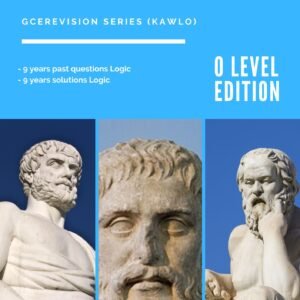Structure And Functions of the different part of the Human Eye

image copyright from https://thehumanevolutionblog.com/2015/01/12/the-poor-design-of-the-human-eye/
The mammalian eye is a sense organ that receives and coverts light of various wavelength reflected from object at varying distance , the visual field into electrical impulse which the optic nerves transmits to the brain where an image of remarkable precision is perceived
Structure And Functions of the Human Eye
The eyes are held in protective bony socket of the skull called orbits by four rectus muscles and two oblique muscles , which control eye movement .Most of the eye is composed of accessory structures concerned with bringing the visual field to the photo receptor cells in the retina .A cross section of the eye shows three concentric layers ; The sclera , the choroid and the retina .These layers contains other structures
Parts of the eye and functions
Scalera : It is the external layer of the eye which is white , very tough and contains collagen fibers .It protects and maintains the shape of the eye ball .
Cornea: It is transparent front part of the sclera .It has a curved which helps in refracting light towards the retinal .its the window of the eye and lets light in the eye.
Conjunctiva : It is a thin transparent layer of cells protecting the cornea and is continuous with the epithelium of eyelids .
Eyelids: They protects the cornea from mechanical and chemical damage .They also protect the retinal from bright light by reflex action
Choroid: it is the middle layer of the eye , rich in blood vessels which supply the retinal and other parts with food and oxygen .It is covered with pigmented cells which absorb light and shield the retinal .It equally prevents internal reflection of light the eye.
Ciliary body : It is the junction of sclera and cornea .Its contains tissues blood vessels and ciliary muscles
Ciliary muscles : It consist of sheets of smooth muscles fibers forming bundles of circular and radial muscles which when they contract or relax alter the shape of the lens during accommodation
Suspensory ligament : it attaches the ciliary body to the lens and keeps the lens in position
Lens: It is a transparent , crystalline , elastic biconcave structure which provides a fine adjustment for focusing light to the retina . It separates the aqueous and vitreous humours .
Aqueous Humour : It Is a clear solution of salts secreted by th ciliray body .It reflects light rays into the retina . Its also supplies nutrients ,oxygen’s to the lens ,Iris and cornea and carries off wastes .
Vitreous Humour :It is a clear semi-solid or gelatinous substance , maintaining the shape of the eyeball and assist In light refraction .
Iris:It is a circular muscles diaphragm containing the pigments that gives the eye its color . it separates the Aqueous humour region into anterior and posterior chambers .it controls the amount of light entering the eye by regulating the size of the pupil
Pupil: It is an opening in the iris through which all light entering the eye pass through it
Retinal : It is the third layer containing photo receptor cells rods and cones and cell bodies and axons of neurons supplying the optic nerve .
Fovea: It is the most sensitive part of the retina containing cones only most light rays are focused here . It is less than 0.5mm in diameter.
Optic nerve : It is a bundle of nerve fibers carrying impulses from the retinal to the brain
Blind spot : It is a point where the optic nerve leaves the eyes .It has no rods and cons , hence it is not sensitive to light














